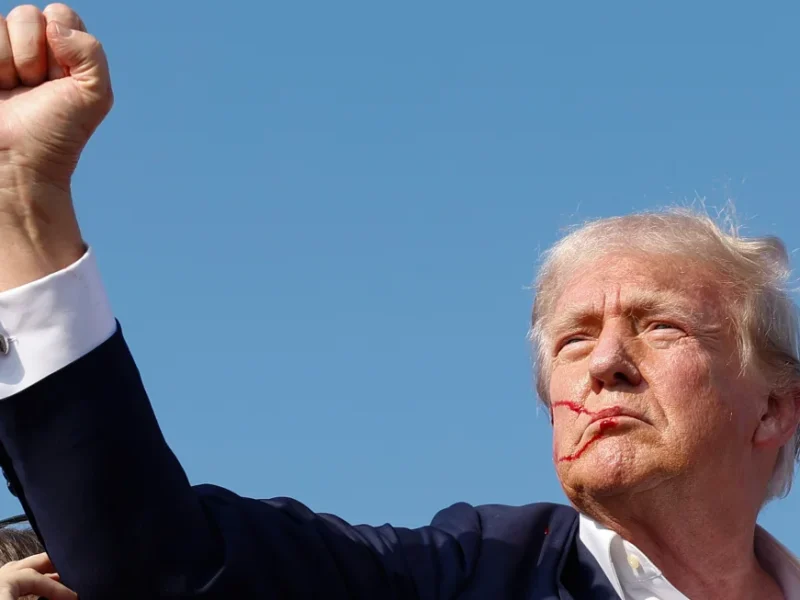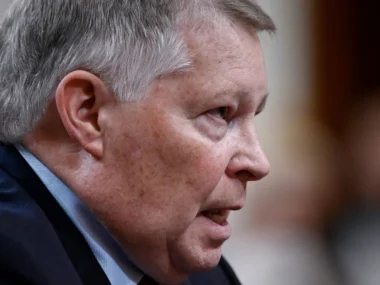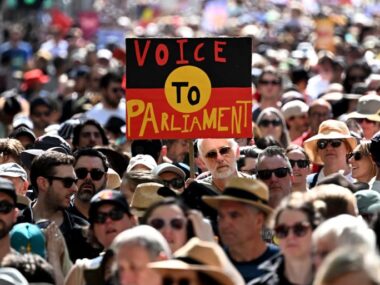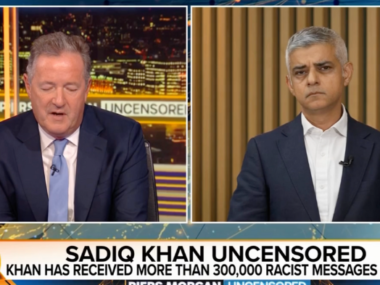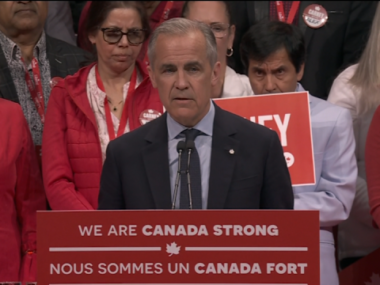Donald Trump is set to reemerge as an even greater mythical hero of his MAGA movement after an attempted assassination. This comes as the Republican National Convention opens on Monday following two extraordinary weeks that have reshaped the 2024 campaign.
The horror of Saturday’s shooting is beginning to settle in as a new national trauma. Both former President Trump and President Joe Biden are strategizing on how to handle the political aftermath.
In another surprising development on Monday morning, a district judge in Florida dismissed special counsel Jack Smith’s case regarding Trump’s handling of classified documents at his Mar-a-Lago resort. This dismissal, which removes one of the four criminal cases against Trump, is a significant win for his campaign as the convention begins. This suggests that aside from his hush money conviction in New York, he will not face legal accountability before the November election.
The latest twist in Trump’s legal issues comes as the nation processes the aftermath of Saturday’s events. The assassination attempt against a presidential candidate evokes historical parallels and raises fears of further violence as the toxic politics of the past decade take a darker turn.
“A former president was shot, and an American citizen was killed while simply exercising his freedom to support the candidate of his choosing. We cannot — must not — go down this road in America,” Biden said, calling for unity in an address from the Oval Office on Sunday night. He mourned Corey Comperatore, a firefighter and father who died shielding his family at the Trump rally, joining the grim list of Americans lost to political violence.
House Speaker Mike Johnson, a Republican, also called for calm, telling CNN, “It’s a dark time in the history of the country. This is a dangerous time. We need all elected officials, from the president on down, to try to draw the country together. We need a unified message. We need to turn the temperature down.”
In his first interview since the assassination attempt, Trump promised that his RNC keynote address on Thursday, initially expected to be an update on his 2017 “American carnage” inaugural address, would be “a lot different.”
“This is a chance to bring the whole country, even the whole world, together,” Trump told Salena Zito of the Washington Examiner.
The dramatic events of the past two weeks have reshaped a race that had been a relatively stable contest between two unpopular candidates. Trump will attend the convention with many followers who already view him in an almost divine light, having survived an assassination attempt, to claim his third straight GOP nomination. The weekend’s events will likely strengthen his grip on his party, and pollsters will watch to see if sympathy for Trump increases his lead in swing states.
Biden has spent the last two weeks trying to secure his own nomination after a challenging debate performance in Atlanta revealed concerns about his age and sparked panic among Democrats. The aftermath of the assassination attempt may temporarily halt the internal rebellion against Biden, especially as he steps into his role as the leader of a nation in crisis.
Only the oldest Americans remember the political assassinations of the 1960s, and those who recall the 1981 attempt on President Ronald Reagan’s life are now middle-aged. Many Americans, already shaken by recent political upheavals, are experiencing a deep sense of national instability for the first time. Despite the recent shock, politics will continue, especially after a political tragedy. Trump’s defiance — captured in an iconic photo of him with blood on his face and clenching his fist as Secret Service rushed him offstage — is likely to define his career and his life.
“A lot of people say it’s the most iconic photo they’ve ever seen,” Trump told The New York Post on Sunday. “They’re right, and I didn’t die. Usually you have to die to have an iconic picture.”
It’s too early to predict how voters will react to the disturbing events at the Trump rally in Butler, Pennsylvania, or Biden’s reassurance that he’s fit to serve until January 2029. However, the decisions each man makes in the coming days and the tone they set will be crucial in shaping the campaign’s future.
One thing remains constant: In an already deeply divided nation, the core supporters of both Trump and Biden are likely unchanged. The outcome of the election will probably be determined by tens of thousands of voters in a few key swing states, holding the fate of the White House and the nation’s future in their hands.
The strategic decisions made by Trump
The upcoming convention, held in Milwaukee, Wisconsin, home of the Milwaukee Bucks, a key battleground state, will officially nominate Trump through a symbolic roll call of states. The GOP is eagerly awaiting his announcement of a vice presidential candidate, following a reality show-style process where potential picks like North Dakota Gov. Doug Burgum, Florida Sen. Marco Rubio, and Ohio Sen. J.D. Vance have been teased.
Trump recently mentioned on Truth Social that he had planned to delay his Wisconsin trip due to security concerns, but changed his mind, citing the need not to let threats alter his schedule.
Trump’s campaign to reclaim the presidency has been marked by personal and political retaliation, claiming his legal troubles, including convictions and pending cases, are politically motivated persecution. While an assassination attempt on any candidate is an assault on democracy, Trump has been criticized for contributing to a divisive political climate with rhetoric that has at times appeared to incite violence and degrade public discourse. Examples include his conspiracy theories about President Obama’s birthplace and comments that some viewed as mocking the assault on Paul Pelosi.
Trump now faces a pivotal decision. He could use the assassination attempt as an impetus to adopt less inflammatory rhetoric, potentially appealing to a fearful electorate. However, skepticism may persist given his past conduct.
Alternatively, Trump might frame the attack within his narrative of victimization by political opponents seeking to thwart his ambitions, including through legal means and now, violence. Such a response could exacerbate the current political crisis.
Following the shooting, many Republican and Democratic leaders called for a reduction in political tension. Yet, some Republicans also used the moment to deflect criticism of Trump’s efforts to overturn the 2020 election and his vow of retribution in a potential second term.
Sen. Vance, for instance, suggested a link between rhetoric against Trump and the attempt on his life, signaling a potential message in his favor as Trump’s running mate.
Sen. Johnson echoed calls for calm but insinuated that Democratic criticisms of Trump had contributed to the assassination attempt, highlighting ongoing partisan tensions.
Biden faces a fresh political challenge and opportunity.
Biden is now confronting one of the most complex challenges of his presidency. He’s taken on the responsibility to safeguard political discourse, even for his adversaries, and has called for an investigation into reported Secret Service lapses during the attack. Simultaneously, he aims to bolster his own political standing by projecting a presidential image while addressing the ongoing presence of Trump in the political arena. Biden’s use of the symbolic authority of his office, highlighted against the backdrop of the Republican National Convention, could help deflect attention from Democratic concerns about his prospects. However, any further public lapses on his part could swiftly revive those anxieties.
During his recent address from the Oval Office, although emotionally compelling, Biden experienced verbal stumbles that Trump has often ridiculed, turning every public appearance into a scrutinized test of his capabilities since the debate debacle.
Now, Biden faces the delicate decision of when to resume confronting Trump directly, likely influenced by his opponent’s tone. In his Oval Office speech, Biden subtly signaled his intention not to soften his warnings about Trump’s perceived threat to American democratic principles, citing past incidents involving Trump, his supporters, and far-right groups.
Biden emphasized, “There is no place in America for this kind of violence, or any violence at all.”
These sentiments resonate widely, but history suggests Biden may not be the last president compelled to address such issues.

